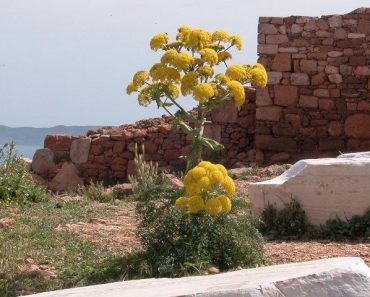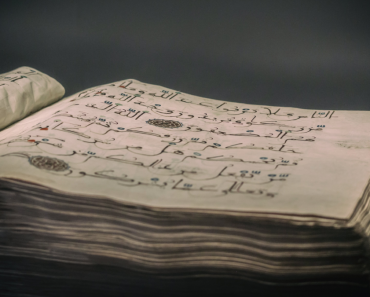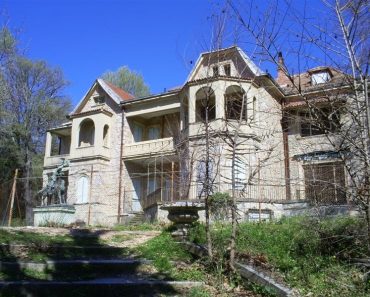The Greek parliament last week passed a bill that officially grants legal status in Greece to the Sinai Monastery of St. Catherine, which is located in Egypt. The decision was hailed as an act of restoring justice and protecting one of the oldest Christian monasteries in the world.
The law establishes a legal entity called the “Greek Orthodox Autonomous Holy Basil Monastery of St. Catherine of Mount Sinai”, which will represent the monastery in Greece. The new legal status allows for the management of movable and immovable property of the monastery’s methos (representative offices); official participation in legal and administrative procedures; and better protection of its cultural and historical values.
Prime Minister Kyriakos Mitsotakis said in a statement that this was a “historic step forward”, as “for the first time the Sinai Monastery has received clear legal recognition in Greece after 15 centuries of history”. According to him, this is an act of respect for the spiritual and cultural heritage of the monastery, as well as a testament to Greece’s determination to support it institutionally.
Archbishop Damian, abbot of the Sinai Monastery, expressed gratitude to the Greek state: “This law should have been adopted much earlier. Until now, the monastery was ‘in the air’. Now, not only a 6th-century building is being protected, but also the lives of the monks and the immeasurable spiritual and cultural wealth it preserves.” He stressed that the issue of the Sinai Monastery should be seen as national and sacred, and not as a cause for opposition. And he expressed hope that the example of Greece will be followed by Egypt, where the historic monastery is currently facing legal difficulties.
According to Greek government sources, the recognition of the monastery in Greece closes a long-standing legal vacuum and could serve as the basis for a similar step in Egypt. The monastery’s upcoming appeal to the Supreme Court in Cairo is expected to determine the future of its ownership and the order of its functioning in accordance with its centuries-old canonical traditions.
The issue of the legal status of the monastery in Egypt has gained new urgency following a recent court ruling in Egypt that challenges the monastic community’s ownership of part of its territory. In response, Egyptian President Abdel Fattah al-Sisi and Greek Prime Minister Kyriakos Mitsotakis discussed in a telephone conversation the need to reach an agreement to settle the ownership and status of the monastery in Egypt.
An unprecedented crisis has erupted at the world-famous Sinai Monastery of St. Catherine over the Greek government’s decision to register the Sinai Monastery as a legal entity in Greece. For the first time in decades, a large part of the monastic brotherhood is publicly turning against the 90-year-old Archbishop Abbot Damian, challenging his rule and actions surrounding the law being prepared by the Greek Ministry of Education and Religious Affairs.
An Egyptian court has already stripped the brotherhood of all legal and property rights over the monastery, as the monastery does not legally exist in Egypt. The only legitimate representative before the Egyptian authorities is Abbot Damian himself, who has Egyptian citizenship. The fears are that if he is removed under pressure from the brotherhood, there will be no one to be legally recognized as the successor and representative of the monastery, since the remaining monks are foreigners with temporary residence permits, reports Orthodoxia.info. Meanwhile, Greece is trying to create a legal entity that would give the monastery legal status and protection, but the Sinai monks are opposed, seeing this as an attempt to “grab the monastery’s property.” The brotherhood claims that it did not consent to such a decision, and that the abbot has violated not only the current statute of the monastery, but also previous ones. They have sent two letters with their objections – to the Ministry of Education and Religions, which is the sponsor of the bill on the legal status of the Sinai Monastery, as well as to the abbot, Archbishop Damian himself. The letters received publicity in the Greek press through the publication “Jungla”.
Archbishop Damian, who was in Greece for the vote on the law, urgently returned to the monastery and scheduled a synaxis and a general assembly for September 7. The monastery is home to 20 monks, and the abbot, Archbishop Damian, is already 91 years old and has been governing the monastery for half a century. The monks are also demanding a medical examination to certify that the abbot is able to fulfill his duties in this critical period for the monastery.







